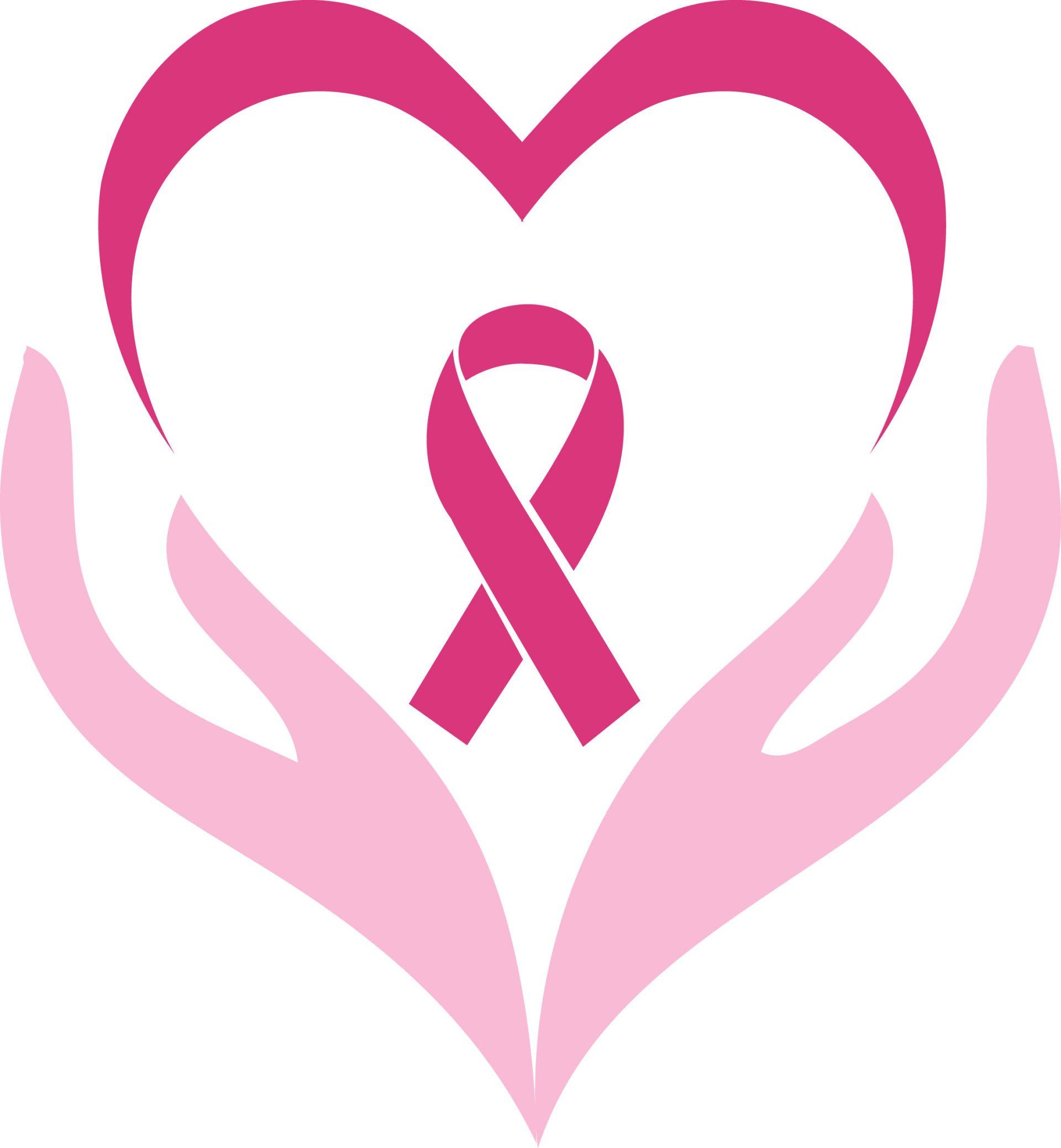Radiotherapy For Breast Cancer
What is Radiotherapy for Breast Cancer?
Some women with breast cancer will be recommended radiotherapy as part of their treatment. Radiotherapy Therapy, also called Radiotherapy, is a key breast cancer treatment.
Radiotherapy (also known as radiation therapy) uses radiation to kill cancer cells. The radiation is usually in the form of focused x-ray beams.
Radiotherapy Therapy is a safe and effective treatment for Breast cancer and is designed to destroy or injure cancer cells so they cannot multiply.
Why is Radiotherapy Therapy Used?
Radiotherapy Therapy aims to:
- Cure The Cancer - some prostate cancer can be cured by Radiotherapy therapy alone or combined with other treatments.
- Control of Cancer - Radiotherapy therapy can control some cancers by making them smaller or stopping them from spreading.
- Relieve Symptoms - if a cure is not possible, Radiotherapy therapy may be used to reduce cancer symptoms and prolong a good quality of life.
Does Everybody With Breast Cancer Have Radiotherapy?
Not all women with breast cancer will be recommended to have radiotherapy. Radiotherapy is usually recommended for women who have
- breast-conserving surgery (also called lumpectomy).
- a mastectomy to target cancer cells that may remain in the chest wall.
If you are having chemotherapy and radiotherapy, you will usually have your chemotherapy treatment first.
When is Radiotherapy Used
Radiotherapy occurs after surgery to reduce the risk of cancer returning in the breast, chest area or lymph nodes.
It usually commences within 6 weeks of surgery. For patients also having chemotherapy, radiotherapy starts within 4 weeks after chemotherapy.
What Happens During Radiotherapy?
It involves using X-rays to destroy cancer cells that may be left in the breast and/or axilla (armpit) after your surgery.
If radiotherapy is being considered for you, you will be referred to a Radiotherapy oncologist. Before starting your radiotherapy treatment, the Radiotherapy oncologist will meet with you to discuss your treatment.
A CT scan will be taken of your chest so that the area targeted by the radiotherapy can be determined.
- If you have had breast-conserving surgery, you will have radiotherapy on the part of your breast where the cancer was, and
- If you have had a mastectomy, you will have radiotherapy on your chest wall.
- Some women will also have radiotherapy on their armpit or neck.
Radiotherapy is administered daily from Monday to Friday (not weekends) for three to six weeks. Each treatment can last for 30 minutes, although sometimes you may have to wait for a radiotherapy machine to become available. The treatment session takes about 5 minutes but setting up the machine can take 10 to 15 minutes.
If you live in a rural area, you may need to go to a major regional centre or city to have radiotherapy. Some women need to spend up to six weeks away from home as a result.
What are the Side Effects of Radiotherapy?
While radiotherapy is painless there can have some side effects, including
- Skin reddening, blistering or burns to the skin at the treatment site
- Irritation, aches and pains in the breast
- Hair loss in the treated armpit region
- Fatigue
Women who have had a mastectomy tend to experience worse burns because the skin on the chest wall is the target of radiotherapy.
Women who have had breast-conserving surgery tend to experience lesser burns because the radiotherapy targets their breast tissue and not their skin.
If you are worried about your skin, you may like to talk to your Radiotherapy oncologist about skincare.
- Changes in skin colour. Your skin may become darker during treatment.
- Changes in skin thickness. Your skin may become tougher or thicker after treatment.
- Fatigue (tiredness) – it is normal to feel tired during the weeks you have radiotherapy.
- Tenderness in the breast and/or chest.
- Swelling of the breast.
- Loss of appetite.
Working During Radiotherapy Treatment
Most women can continue working or reduce hours during their treatment.
How much you will be able to work depends on the type of radiotherapy you have, how the treatment makes you feel and the type of work you do.

